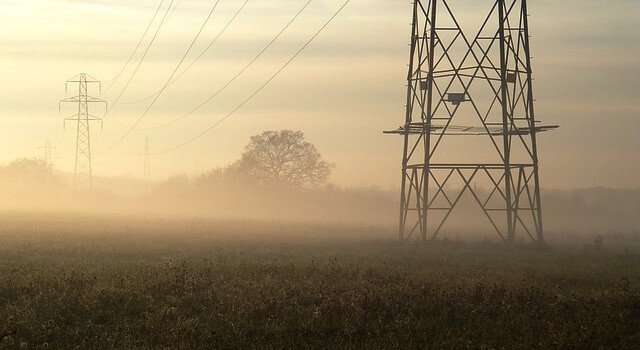With energy prices tumbling at rapid rates, the UK Government is launching an investigation into the activities of energy suppliers.
This action could reveal if customers are being overcharged as concerns grow that suppliers are not passing on savings to their customers.
This fear arose after wholesale prices began to fall but bills remained high. As a result, energy set to be key point of debate for the Government ahead of the forthcoming general election in May.
The Treasury investigation could potentially lead to lower bills in the coming months as Chancellor George Osborne stressed that people should pay less for power this year than they did in 2014.
Gas prices are around 27% lower now than a year ago while wholesale electricity costs are at exceptionally low levels not seen since 2012.
Yet, despite this reduction, the annual dual fuel bill for an average household is still more than £1,250 – a figure virtually unchanged from 12 months ago.
The current situation
Energy UK, which represents the major suppliers, has denied claims that firms are failing to pass on costs but there are many who feel that firms which have not cut their prices are boosting their profit margins by keeping household gas and electricity prices high for as long as possible.
Bills are also high for customers who fail to switch when fixed tariffs end – keeping a close eye on contract dates should be an essential part of managing household energy finances.
In these cases, customers are often automatically transferred to ‘standard’ tariffs which are much more expensive.
Government pressure from the investigation could force suppliers to change this approach; although customers must currently act themselves to avoid being caught out.
Levels of potential savings
It is difficult to say exactly how much prices may fall by but it should be remembered that not all of the reductions will be passed on as green taxes with VAT still needing to be accounted for.
It is also hard to know exactly when suppliers purchase energy as each buys on wholesale markets at different times and companies will not disclose when trading occurs. This is something the Treasury investigation might look into and potentially lead to suppliers being forced to be more transparent.
Another investigation into bad practices – led by the Competition and Markets Authority – has been underway since June last year so this is not the first time the energy sector has faced scrutiny.
However, calls for suppliers to explain the gaps between wholesale and retail pricing are increasing and this should represent good news for customers who are urged to take the initiative and switch to cheaper suppliers or different tariffs where appropriate to avoid a raw deal.





